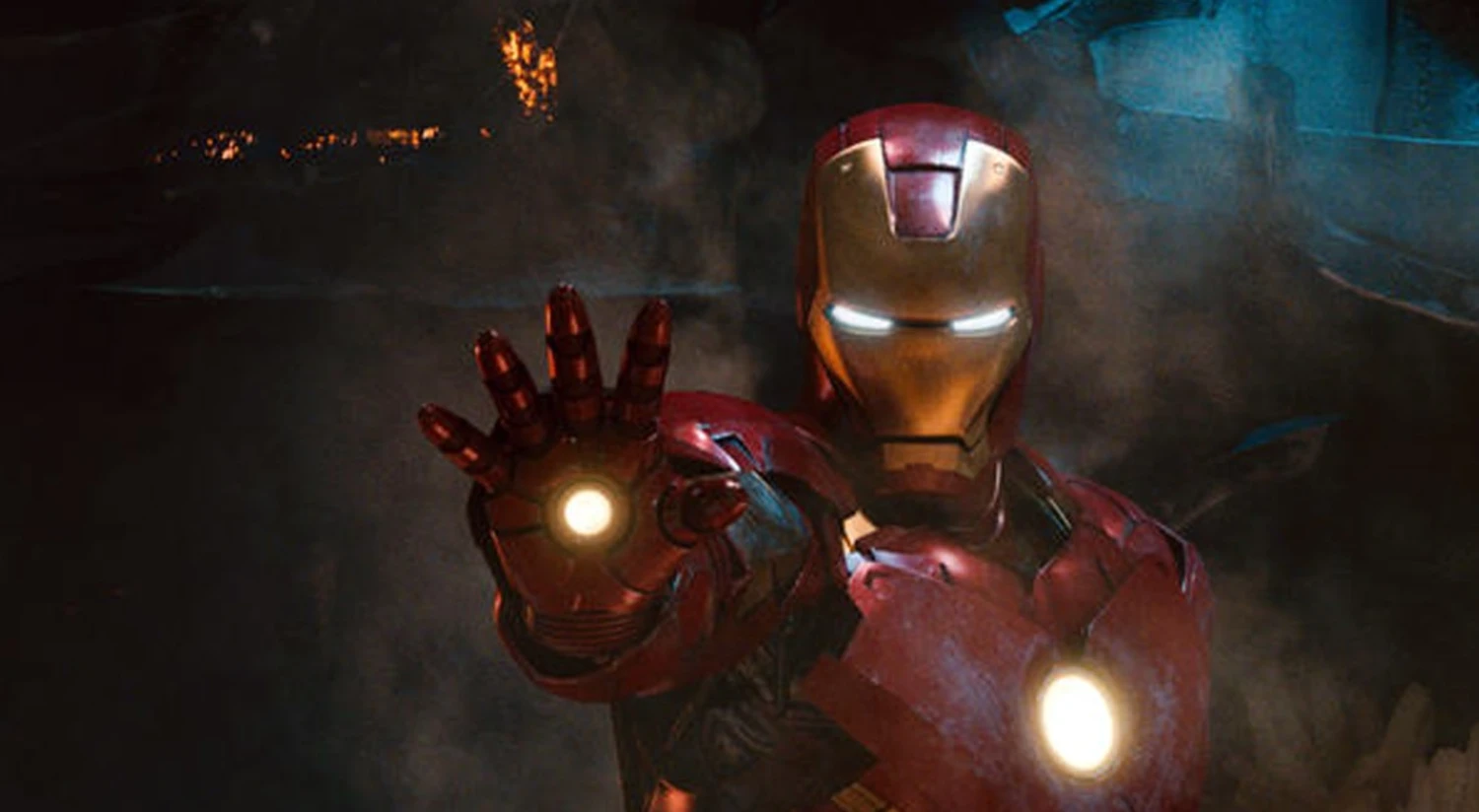The Lasting Legacy of Iron Man in Superhero Cinema
In the vast universe of superhero movies, few characters have had as profound an impact as Iron Man. From his dazzling debut in 2008 to his poignant farewell in 2019, Tony Stark, portrayed by Robert Downey Jr., not only defined a new age of superhero storytelling but also established a blueprint for crafting a compelling cinematic universe. As new superheroes emerge and studios compete for viewer attention, it’s essential to explore Iron Man’s legacy and what it signifies for the future of superhero films.
A Grounded Narrative
Iron Man’s journey began with a grounded narrative. Tony Stark is an industrialist and genius inventor who, after being held captive by terrorists, builds a high-tech suit to escape. This premise emphasizes character development, as audiences witness Stark transition from a self-absorbed billionaire to a selfless hero. This evolution resonates deeply with viewers and serves as a critical lesson for upcoming superhero movies: compelling character arcs are necessary to fully engage audiences. Future films must strive for relatable heroes with flaws and growth, steering away from flat, one-dimensional portrayals.
Humor and Heart
Moreover, Iron Man pioneered a trend of integrating humor and heart into superhero tales. The Iron Man films are laced with Stark’s cocky wit, making them entertaining while still addressing significant themes such as responsibility and sacrifice. Upcoming superhero films can draw from this balance of humor and emotion to create richer narratives. When characters are allowed to express levity amidst perilous situations, it makes the stakes feel more personal and the experience more enjoyable for viewers.
The Marvel Cinematic Universe
The success of Iron Man also highlighted the effectiveness of interconnected storytelling. The Marvel Cinematic Universe (MCU) built upon Stark’s character, allowing narrative threads to weave in and out of various films. Each installment enriched the overall saga, culminating in the ambitious narrative arcs seen in films like Avengers: Endgame. This legacy compels future superhero films to consider the value of crossovers and shared universes, as audiences have grown accustomed to expansive storytelling that builds anticipation and excitement.
Technology in Storytelling
Iron Man’s technology-driven world also set a precedent for storytelling in the superhero genre. Tony Stark’s relationship with artificial intelligence, particularly J.A.R.V.I.S. and later F.R.I.D.A.Y., introduced audiences to the idea of technology playing a critical role in heroism. As we look toward the future, new superhero films are poised to explore advanced technology themes further—representing challenges and ethical dilemmas. Characters may wrestle with machine learning, AI, and the impact of technology on humanity, paralleling real-world issues in today’s digital landscape.
The Importance of Legacy
Furthermore, Iron Man emphasized the importance of legacy—both in terms of what Tony leaves behind for his successors and in the foundation he laid for future heroes. The introduction of new characters, like Riri Williams (Ironheart), who takes up the mantle of Iron Man, signifies a shift towards generational storytelling. Future films may delve deeper into what it means to inherit a legacy, whether through mentorship or competition, further enriching the superhero narrative landscape.
Diversity and Representation
As the movie industry looks ahead, Iron Man’s impact on diversity and representation within superhero films cannot be overlooked. The MCU gradually broadened its casting choices, leading to more inclusive stories. Inspired by Iron Man’s success, the push for representation will likely continue, with new films featuring female superheroes, characters of varied ethnic backgrounds, and different sexual identities. This trajectory is essential in creating a superhero genre that mirrors the diversity of its audience.
The Theme of Sacrifice
Lastly, the notion of sacrifice, so prevalent in Iron Man’s arc—leading to his ultimate heroic demise—underscores a significant theme in superhero narratives. Future films can continue to explore the costs of heroism, reinforcing that true power comes with responsibility and consequence. As audiences become more sophisticated in their viewing preferences, they seek stories that resonate on emotional levels that go beyond mere entertainment.
Conclusion
In conclusion, Iron Man’s legacy transcends his individual character; it is a testament to the power of nuance, complexity, and innovation in superhero storytelling. As the film industry moves forward, drawing upon the lessons learned from Iron Man’s journey can help shape a vibrant future for superhero movies. By prioritizing character development, intertwining narratives, and representing diverse voices, we can look forward to a new era of superhero films that not only captures the imaginations of audiences but also resonates with their realities.

